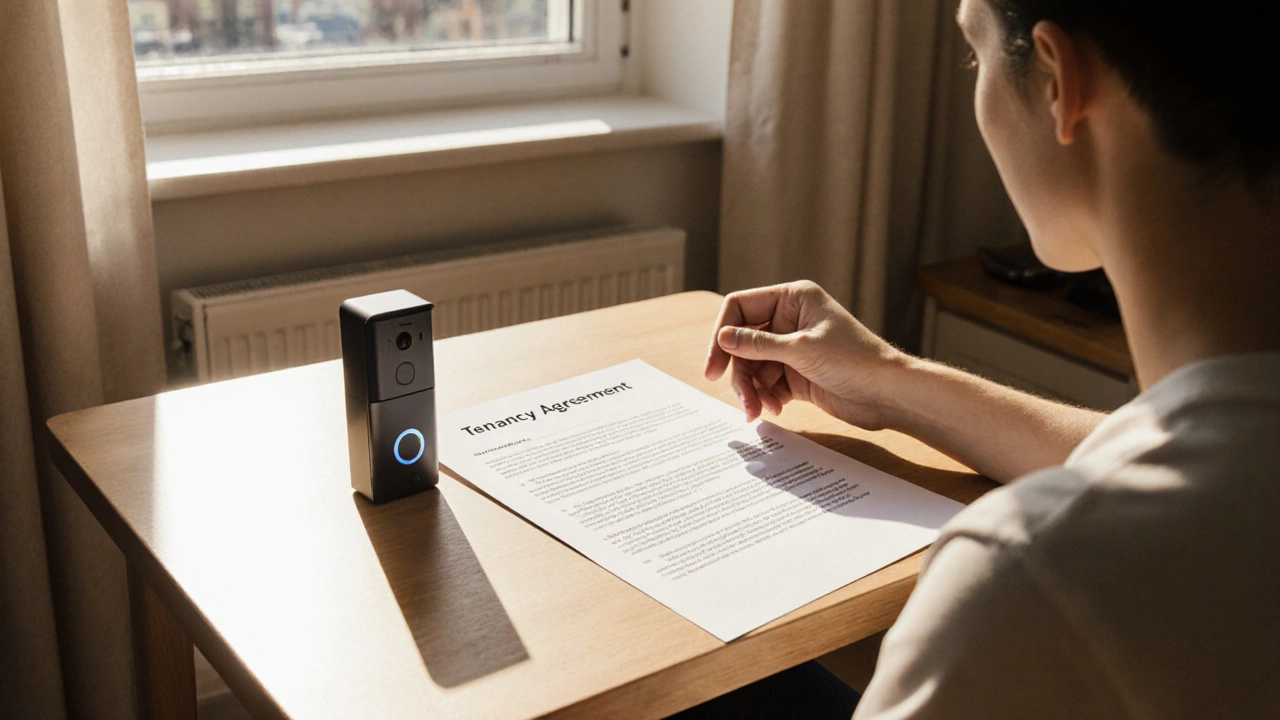When working with landlord permission, the legal consent a property owner must give before any alterations are made to a rental unit. Also known as owner consent, it ensures both landlord and tenant rights are protected. This concept often intersects with CCTV installation, the process of mounting surveillance cameras on a property and with rental property regulations, the set of rules governing what landlords can and cannot require in a tenancy. Understanding these links helps you avoid illegal upgrades and keep your security system compliant.
Most landlords worry about liability, insurance premiums, and tenant privacy. A proper permission request clarifies who pays for the equipment, who maintains it, and who owns the footage. In the UK, insurance policies often require proof that any installed cameras or alarms were approved by the property owner. Without that approval, you could face a claim denial after a break‑in. Tenants also appreciate transparency: they know the landlord isn’t spying and that the system will actually improve their safety. Moreover, local housing codes may dictate where cameras can be placed—usually away from private areas like bathrooms or bedrooms. By securing landlord permission first, you can choose the right type of motion sensor, decide on wired vs. wireless setups, and ensure the installation meets fire‑safety standards.
Below you’ll find a curated set of articles that walk you through every step of the process. From understanding the three main motion sensor types to learning how to waterproof outdoor lights, each piece offers practical advice you can apply right away. Whether you’re a landlord looking to upgrade a single flat or a property manager overseeing multiple units, the collection covers the legal, technical, and cost‑effective angles you need. Dive into the posts to see real‑world examples, get checklists for gaining permission, and discover the best security systems that won’t break your budget. Armed with this knowledge, you’ll be ready to make informed decisions and keep both your property and your tenants safe.

Find out if a Ring Doorbell is legal in a UK flat, how tenancy agreements, GDPR and building rules affect installation, and the steps to get permission or choose alternatives.